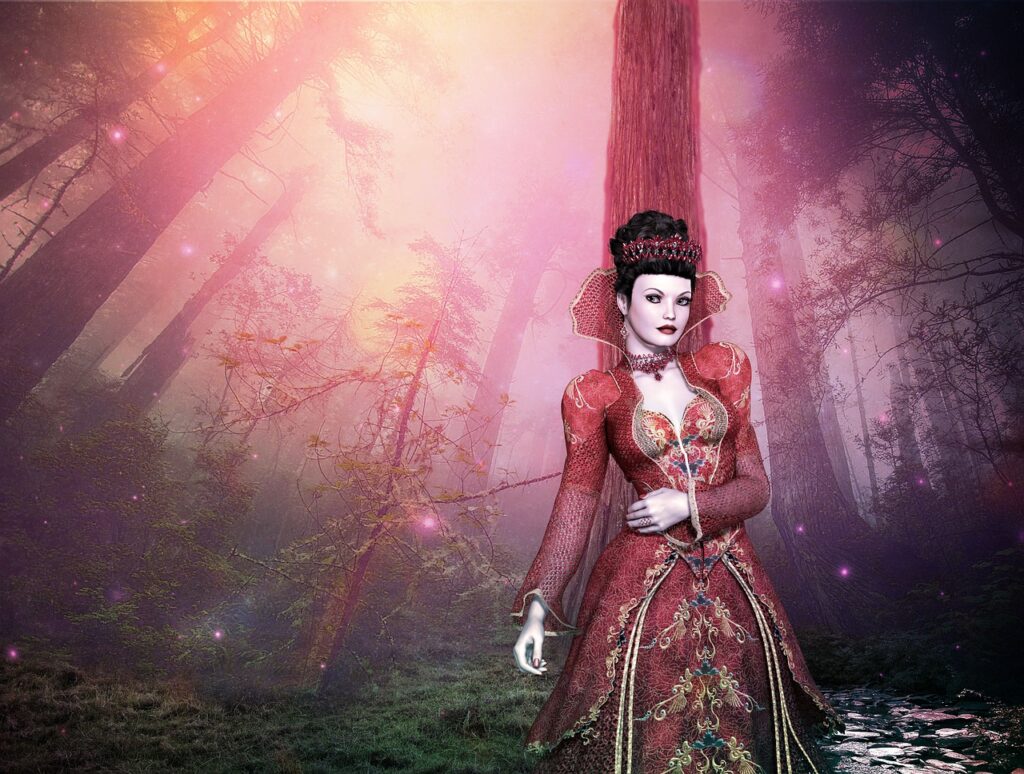Fey Aristocracy

To common fey, being an aristocrat (particularly in the Two Courts) is something like taking vows of chastity and poverty in order to gain power would be for a mortal.
Songs of the Sidhe by David Ross
Being an aristocrat is something most any fey will respect, but its power comes with costs that most fey are simply not willing or able to pay. Examples of these costs include limitations on behaviour (Seelie aristocrats must avoid destructive acts), expending resources to win the favor of superiors (many require exorbitant gifts or perilous quests), and the responsibility of political power and ruling other fey.
Many fey aristocrats, particularly daoine sidhe, maintain support structures in the form of clans which allow them the influence and resources necessary to devote themselves to pursuing political power in Faerie. Culturally, the majority of fey aristocrats devote themselves heart and soul to a particular court. Their advancement within the court is directly proportional to their ability to live up to the ideals of that court.
However, a significant minority of aristocrats succeed by way of their ability to take part in any court that is advantageous. They pay lip service to the ideals of the court in order to gain power, but their clan remains politically neutral or at least malleable, able to shift its allegiances quickly as circumstance requires.
Essentially, these courtiers are interested in power for themselves or their clan rather than to fulfill any particular ideology. This is not to say that they are categorically untrustworthy. The independent clans generally depend on the structure of the courts to exercise and extend their power, so they usually adhere strongly to their oaths of fealty once they are made. Though a minority, independent clans collectively lay claim to roughly half the lands of the fey and so true believers in their courts must deal with them regardless of their opinions on independence.
The courtiers of Faerie divide their time between work and play to differing degrees – some obsess over their duties; others ignore them and absorb themselves in pleasure or intrigue. Work constitutes protecting or encouraging the cycles of nature in whatever way the court deems best. Play constitutes dancing, reveling, holding contests, and debate. These frequent debates have given rise to many of the less literal interpretations of metaphysics and history which have gained popularity among the courts (for most fey, there is more to truth than facts).

 Buy me a coffee
Buy me a coffee